Uganda National Council for Science and Technology (UNCST) Trains KAB Research Ethics Committee (REC)
The Deputy Vice Chancellor (Finance & Administration), Ms. Anny Katabaazi Bwengye has assured the directorate of research and publications support to ensure that KAB Research Ethics Committee (REC) is established. She noted that the university will do everything possible to see that all challenges they are likely to face will be addressed.
Ms. Katabaazi said this today morning while officiating the UNCST workshop intended to train the KAB REC. The function, organised by the Directorate of Research and Publications in the new computer laboratory, will run for three days (21st to 23rd Feb, 2023).
“The University management is aware that the establishment of a REC is important if it must protect the ethical, safety, and proper conduct of the research” added Ms. Katabaazi
The design of a research project can negatively impact the general social society if the design is wrong leading to wrong conclusions.
Dr. Alex Barekye, the Director for Research at Kachwekano Zonal Agricultural Research and Development Institute (KAZARDI) expressed gratitude to the UNCST to have considered training REC members at KAB. He also the REC members for being to acquire knowledge in the training.
Dr. Barekye commended the university management for its commitment to facilitating the formulation and training of the REC committee and making sure that is an independent body. He encouraged members to be open to acquire knowledge in the training.
On the other hand, Dr. Barekye cautioned the REC members take the REC mandate seriously. He noted that they had to create time off their busy schedules in order to ensure that the RECs mandate is achieved.
Ms. Winfred B Nazziwa an official from UNCST commended the KAB University management for the initiative to establish a REC at KAB. She further noted that a REC is a key aspect in the protection of human research participants and also a tool to increasing research in higher institutions of learning.
“We do encourage all academic higher institutions of learning to have RECs because this is a national requirement. Therefore all higher institutions of learning need to embrace RECs.” Ms. Nazziwa added.
Dr. Noah Kiwanuka, an infectious Disease Epidemiologist advised the REC at KAB to observe keenly that all researchers give meaningful informed consent to their participants. He beseeched them to do site visits to monitor the research proceedings of all researches they will have approved.
Dr. Kiwanuka also urged members of the REC to ensure they approve of research that is in line with the social values of Ugandan society.
The 3-day course will be facilitated by the Uganda National Council for Science and Technology (UNCST). It is intended to improve Researchers’ adherence to good ethical practices in research involving humans, improve the quality of ethical review by RECs, and improve the quality of research protocols submitted for REC review.
The UNCST was established in 1990 for the purpose of inter alia advising on and coordinating the formulation of national policy on all fields of science and technology, and for assisting in the promotion and development of indigenous science and technology. It establishes institutions for and carries out scientific and technological research and development, and it disseminates R&D findings. The Council cooperates closely with other organizations involved in scientific and technological activities.
Discover more from Kabale University News
Subscribe to get the latest posts sent to your email.


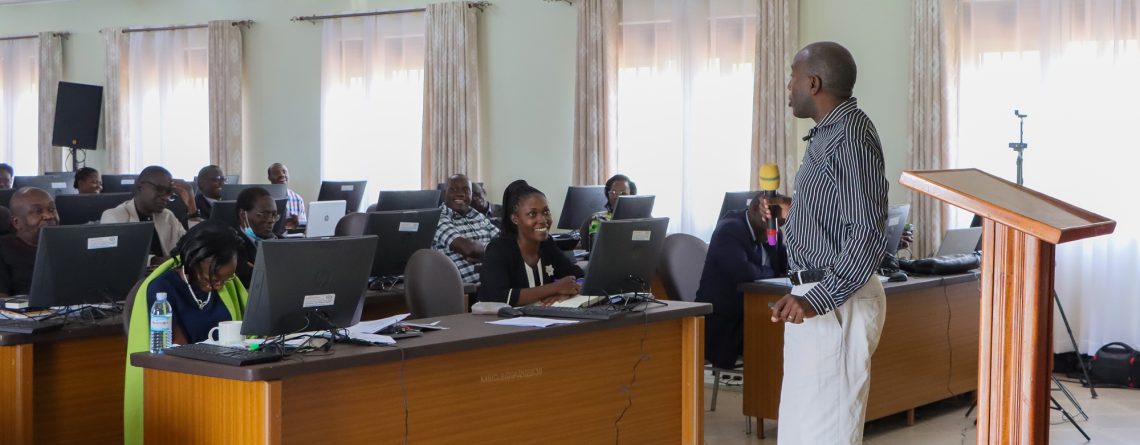
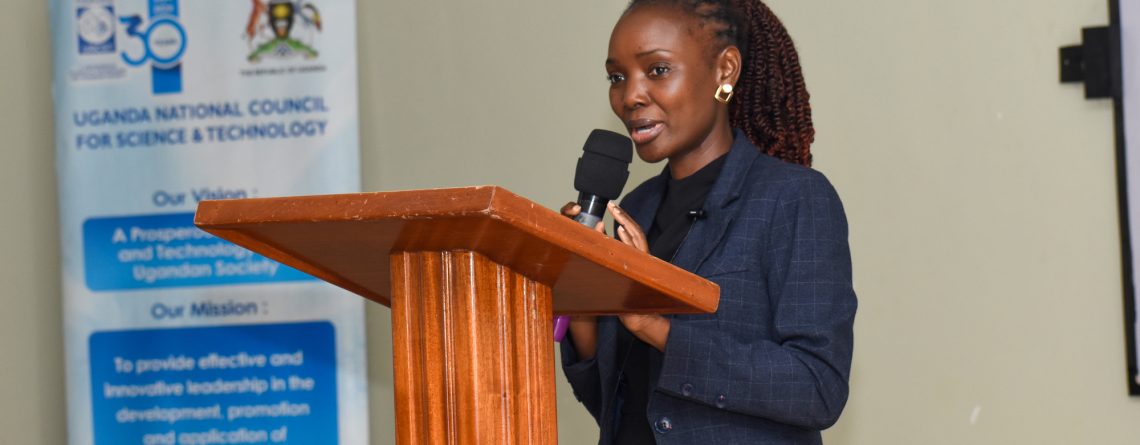
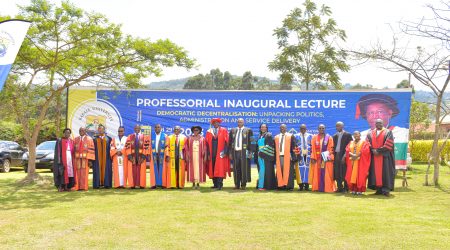
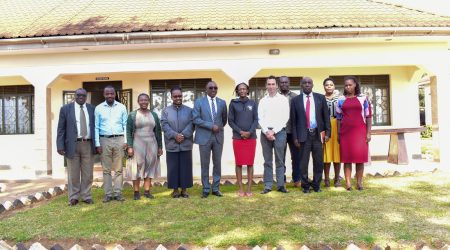
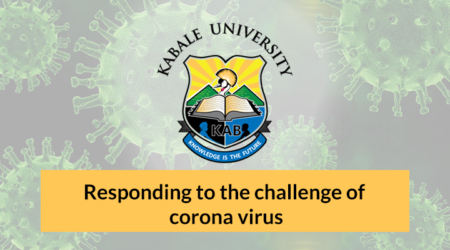
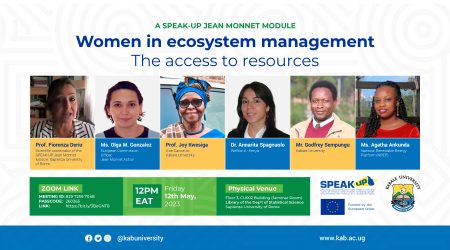
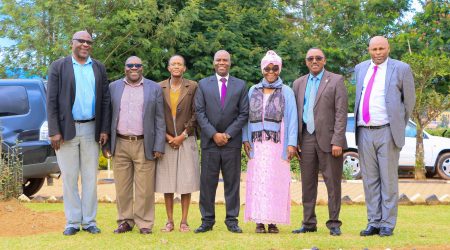
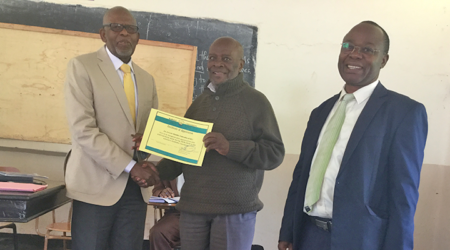
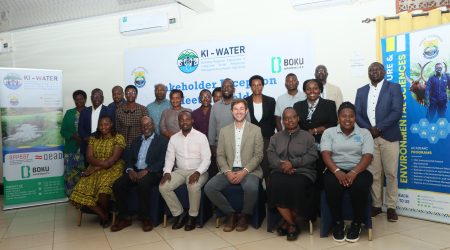
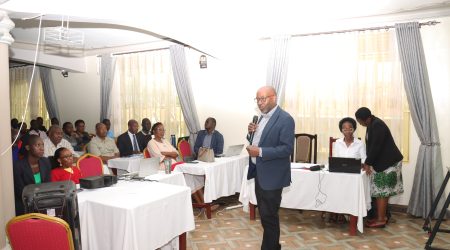
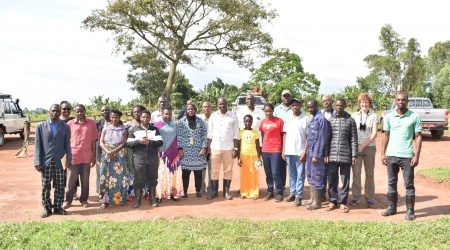
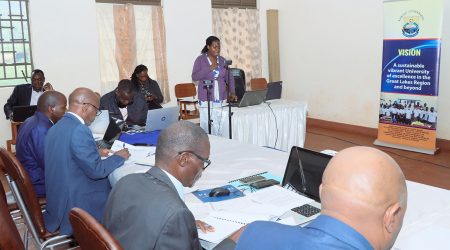
Leave a Reply